Ethical issues in sales and marketing have become a hot topic in the past few years.
With the power and influence of social media, dissatisfied customers have been able to post platforms for their complaints.
From exaggerated claims to in-your-face salesmanship, ethical issues are not always straightforward. That's why understanding where those lines are and how to stay on their right side isn't just good judgment, It's required.
In this article, we’ll break down the most common ethical challenges in sales and marketing and show you how to resolve them without compromising performance.
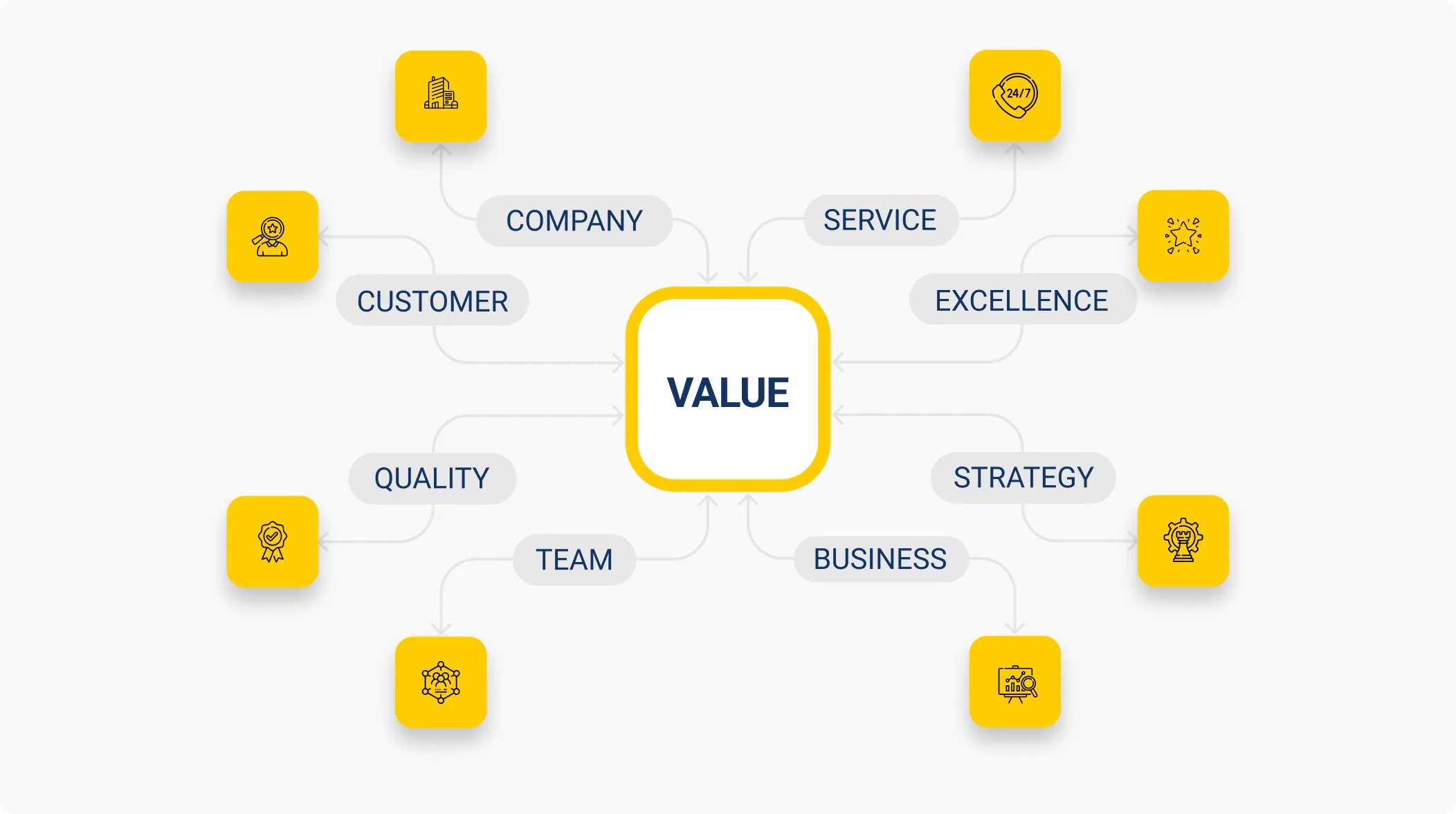
This article explores the moral questions behind common sales and marketing practices, the goal is:
- To define sales ethics and the scope of ethical issues in sales and marketing
- To think about how business ethics may affect sales operations.
- To assess the integrity of salespeople’s relationships with the company, customers, and competitors.
Take it from our experience!
Ethical Issues in Sales
Ethical concerns are a reality for everyone in business, but they may show up in complex ways in sales.
Although most companies have a legitimate code of conduct, ethical issues still pose challenges.
Answers may depend on business conditions, circumstances, and moral positions. What's seen as unethical by one person might be considered smart strategy by another.
Take sales contests, for example. Should you reschedule orders or encourage clients to buy more than they actually need just to hit your target?
Would it be ethical to take a step further and suggest a price increase soon to achieve your goal?
The truth is, sales ethics isn’t always clear-cut. Some may consider such behavior unethical, while others may see it as part of the “game” and within their usual remit as salespeople and “winners.” Individual and business ethics are, of course, difficult to define.
This section looks at the real moral dilemmas sales professionals face and how to think critically about what’s right, what’s wrong, and what’s simply expected.
What are the five common ethical issues in sales and marketing?
1. Selling a Product as Opposed to Selling a Solution
Products aren’t just products; they’re also solutions. Concentrate on the solution rather than the sale. Your products are someone else’s solution, and it’s up to you to figure out who that someone is.
Assume you heavily advertise and push your products on people who don’t need them or don’t have the problem your product solves. In that case, you risk tarnishing your reputation among dissatisfied consumers and customers.
Maintain a customer-focused attitude and avoid rushing to make a sale.
2. Telling the Truth, but Not the Entire Fact
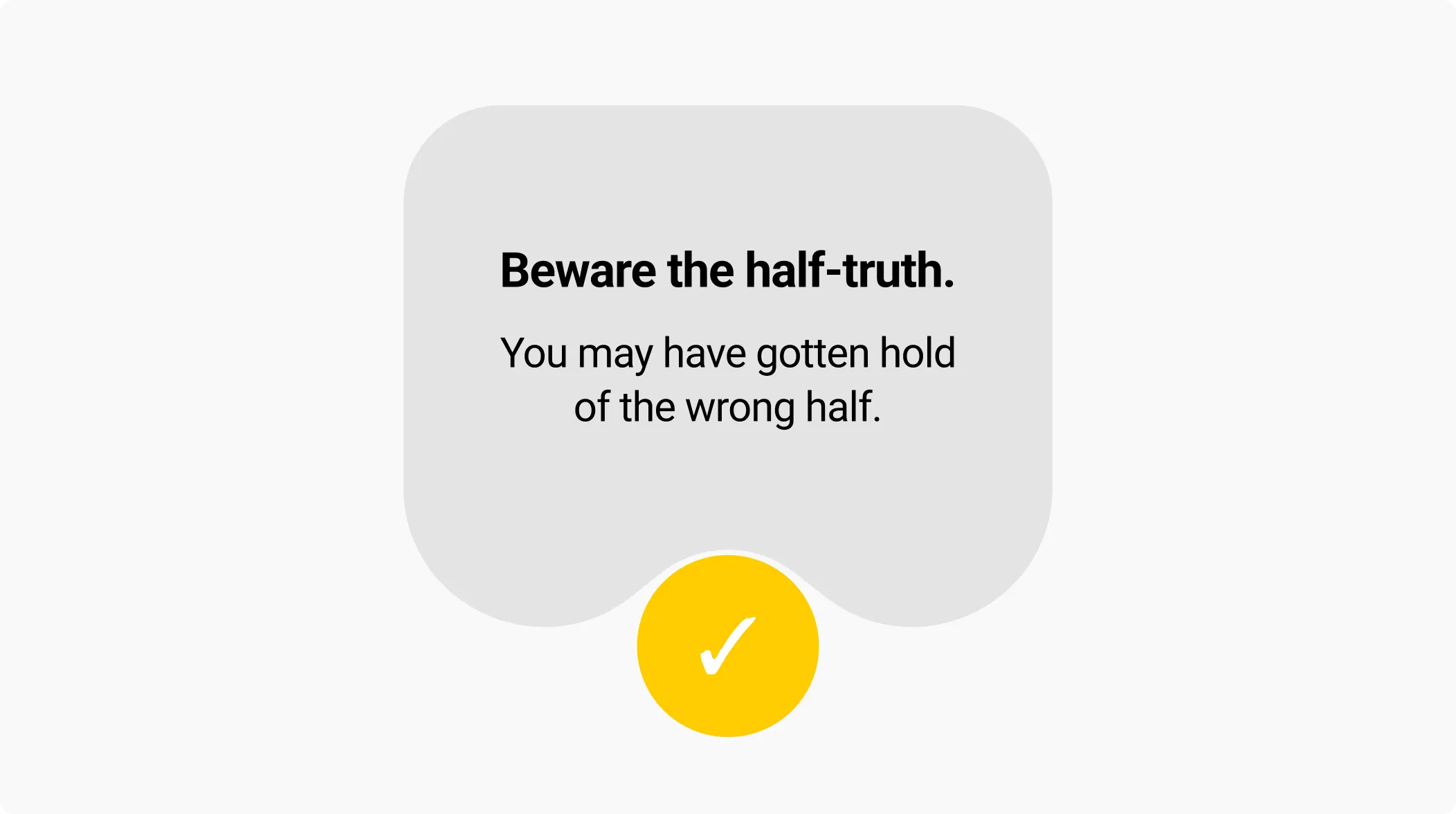
Half-truths remain half-lies. And false promises can come back to haunt you.
Do not manipulate your market with half-truths to make a sale. Consumers today are astute. If your product isn’t a good fit for a market, it’s not a good fit.
Avoid changing your messaging and copy to better meet the needs of your target audience without improving your product. If you want to be ethical, your product must always match your message.
This should take precedence over sales.
3. Deceiving One’s Organization
People employed in sales and marketing typically work in the field without constant supervision.
Because no supervisor can see or hear everything, salespeople and marketers may get away with unethical behavior even inside. The question is whether the salesperson or marketer is stealing time and effort from the company.
Some assert that a salesperson’s pay is a straight commission (paid by the sale), which means they are not stealing from the company. Some argue that the company still loses potential sales even in that case.
4. Commitment Issues
Whether your customer is experiencing a delivery delay, a quality issue, or a product change, anticipating the problem and communicating to your customers can help them find an alternative solution and maintain their trust.
As a successful salesperson, you must maintain a solution-oriented mindset throughout the sales process. Irrespective of what caused the problem, honesty, transparency, and integrity should remain your highest priorities.
5. Accountability
If a problem arises, and you are to blame, accept responsibility as soon as possible and truthfully.
While it is tempting to avoid responsibility to save face, accepting responsibility for your actions and offering a solution to the problem is a more ethical approach.
If a customer-facing issue arises, and you fail to accept responsibility, having your customer learn the truth from a third party may harm your relationship and jeopardize future sales.
What do you mean by ethical issues in marketing?
Consider the ethical impact of your marketing strategies, especially given the increased sense of social awareness among younger audiences.
We’ve examined the importance of ethics in marketing, what to avoid in your campaigns, and how you can use moral principles to your long-term advantage.
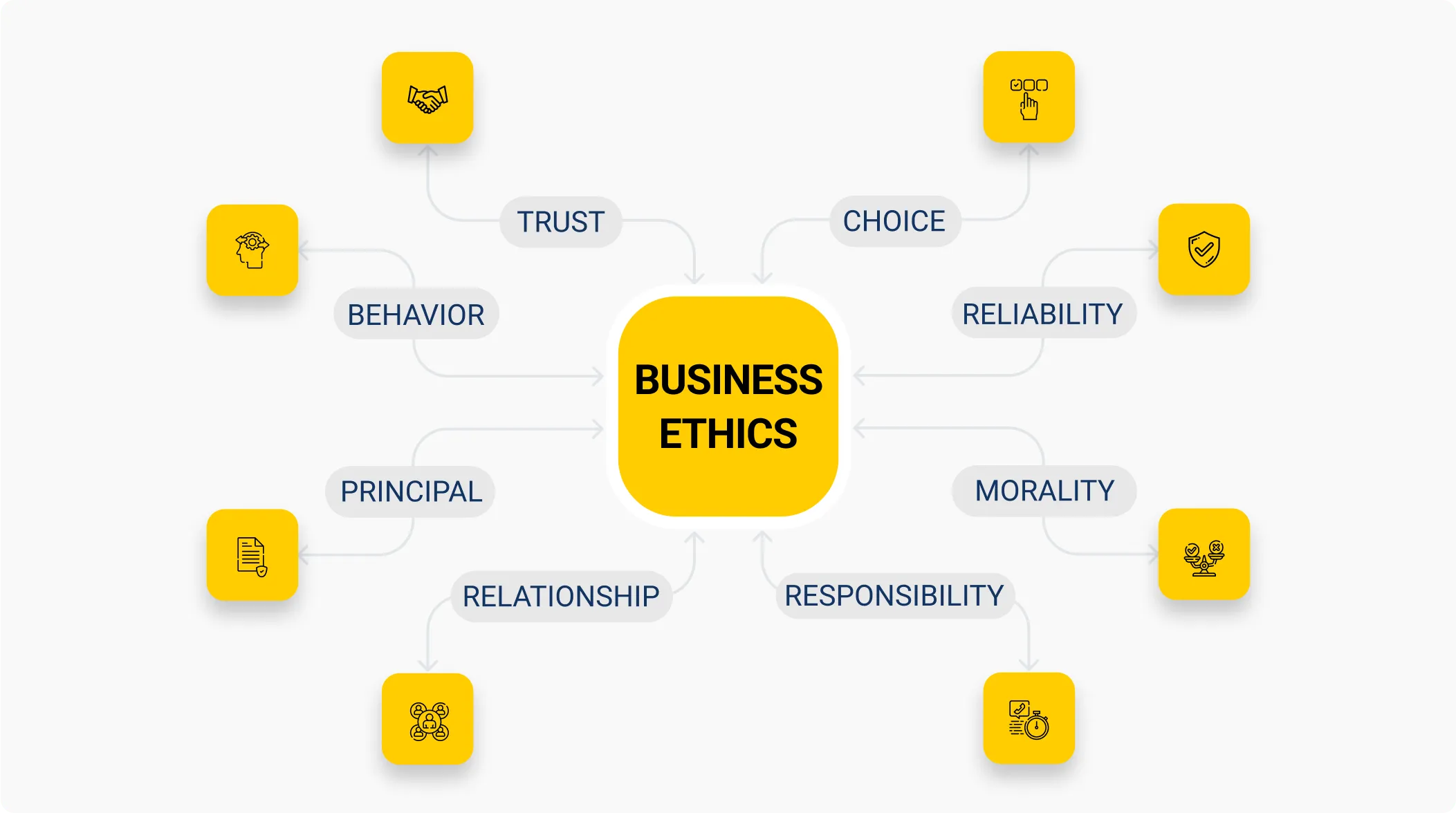
1. False Advertisement
To prevent accusations of false advertising, you should avoid overstating the benefits of a product or service in your marketing and advertising communications.
Advertising is misleading if it misrepresents a product’s value, uses, or outcomes or if it uses inaccurate information in its content to entice buyers.
Although false advertising may effectively attract customers in the early stages of a sales funnel, it ultimately harms consumer trust. It influences long-term negative brand perception when it disappoints and deceives customers.
An example of this is Canada’s Subway. A 2017 CBC Marketplace report called into question the genetic makeup of Subway’s
chicken, which had a Trent University researcher conduct a DNA analysis of several fast-food chicken sandwiches.
While the chicken content in McDonald’s, Wendy's, and A&W sandwiches hovered around 85 percent, Subway’s score was much lower: its oven-roasted chicken was only 53.6 percent chicken, and its chicken strips were even lower at 42.8 percent.

They made the rest with soy.
Subway denied the allegations and threatened CBC with a $210 million defamation suit. A sub-purveyor claimed that the study lacked “scientific rigor,” but the Ontario Superior Court ultimately sided with the national public broadcaster.
The Quebec Court of Appeal in December 2020 granted permission for the case to proceed.
Suppose Subway can’t demonstrate that it has adequately characterized its chicken. In that case, it will have to reimburse the cost of the sandwiches sold during that approximate three-year period and pay additional punitive damages.
Keep in mind that business success isn’t always about making a sale. Marketing ethics effectively foster trust and relationship-building.
These two characteristics will help your businesses grow faster than any promotion ever could.
2. Negative Marketing
Although every company strives to gain consumer loyalty and preference over competitors, advertising that highlights the negative aspects of a competitor’s offering is unethical.
This is called negative advertising, or smear tactics, which is meant to tarnish the image of a competitor to enhance your image among consumers.
You can avoid this practice by establishing clear guidelines for all promotional activity and messaging and clearly communicating these to company marketers.
3. Unethical Data Gathering
Market research is highly beneficial to companies of all levels of business. From the accurate consumer information, creating and executing market strategies can significantly improve the effectiveness and ROI of advertising campaigns.
However, you must collect data ethically. Before you can start conducting market research activities, you must think about government data and privacy protection regulations and stay in full compliance with the same.
4. Pricing Techniques
Price Hiking, This is the corporate practice of intentionally increasing your prices when there is an unusually high demand, with the understanding that most consumers will be ready to pay a premium.
5. Predatory Pricing
Predatory pricing is yet another anticompetitive business practice in which businesses offer products at rock-bottom prices in order to unfairly get rid of the competition.
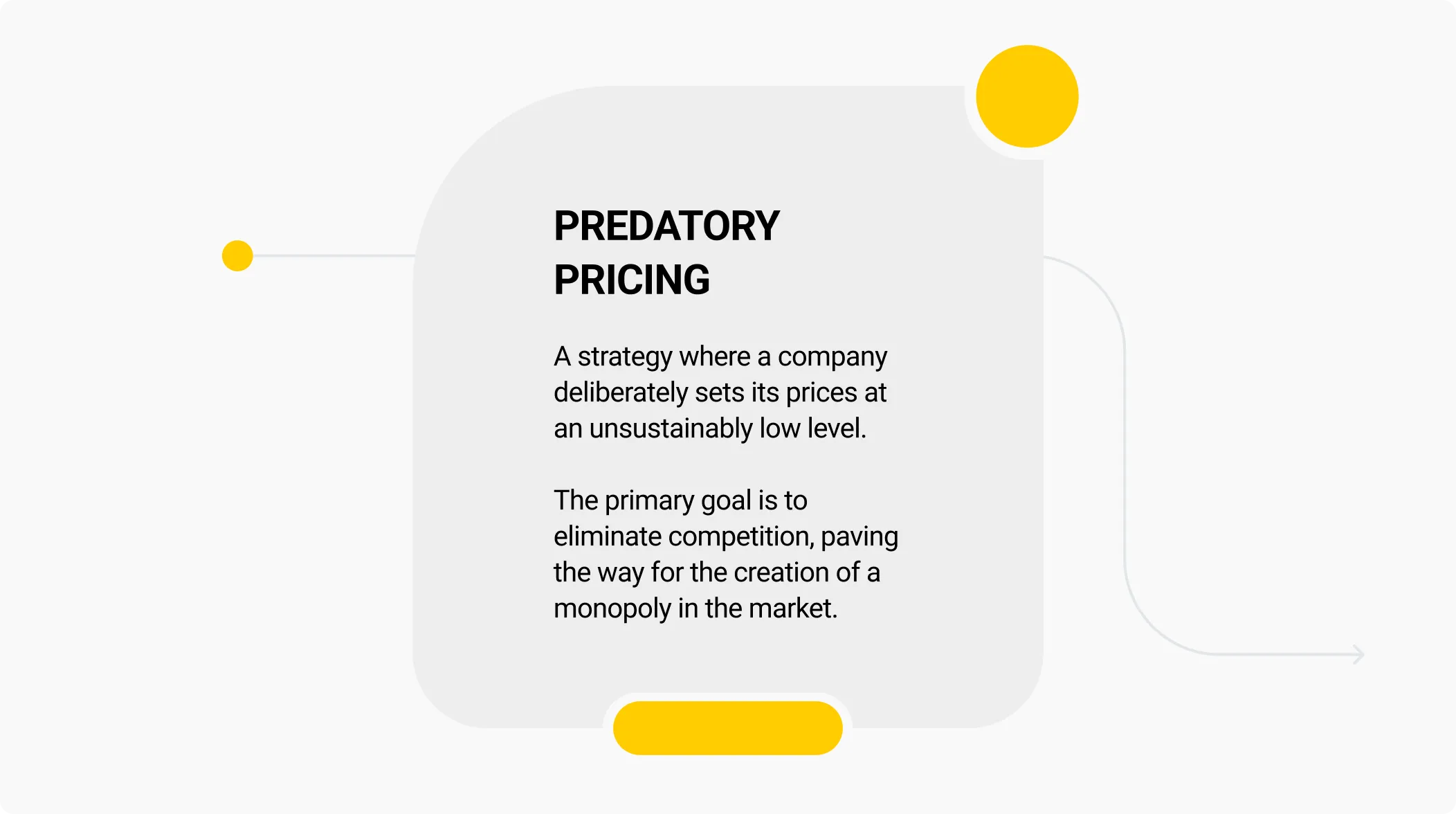
Such low prices attract the customers to purchase a product of a certain brand, making the company grow short-term boosted sales but does not necessarily lead to the higher revenues.
6. Bait and Switch
Finally, bait and switch is an immoral pricing strategy that involves misleading customers by initially making low prices to entice their attention. The products being advertised will be sold out after they draw attention to push more expensive products.
Instead of misleading buyers, you can instead openly share your fixed prices and focus on providing a transparent value proposition to justify these prices. Leveraging technology that enables fast and secure processing also enhances transparency, ensuring customers know exactly what they are paying for and can complete transactions with confidence. Thorough market research can prevent most ethical issues in marketing.
Market research is the cornerstone of any marketing strategy, and it is the key to remaining ethically transparent while also building trust and long-term relationships with your target audience.
Examples of Ethical Issues in Sales and How to Resolve Them
As a salesperson, it has nothing to do with making the deal, it has everything to do with forming long-term, desirable relationships. Ethical pitfalls can however happen at the flick of a finger that can endanger reputation as well as trust. Let's walk through some together:
1. Conflicts of Interest
If sellers' goal is to maximize profit and the purpose of customers is to maximize purchasing power, there is a conflict of interest. Or so it seems. However, in a business world where "being able to sell ice to Eskimos" is used to determine a good seller, sales will have a poor reputation.
Many salespeople defend themselves by claiming that "personal relationships are one thing, but professional relationships are another." They believe they must split their personalities to silence their conscience.
But, hey!
Professional relationships do not exist; all relationships are personal, and despite our best efforts, our "ethical" concerns will not go away. If you desire to be ethical, listen earnestly to your customers. After listening to your customers, you will notice that maximizing value for yourself frequently coincides with maximizing value for your clients.
This new understanding will liberate you from viewing each sale as a battle against the other person and yourself. You will resolve the conflict of interest when you know that you are offering value for money to your clients.
Trust us!
An example of a bigger scale is the case of restructuring guru Jay Alix against McKinsey & Co. for allegedly concealing conflicts of interest to secure lucrative corporate bankruptcy work.
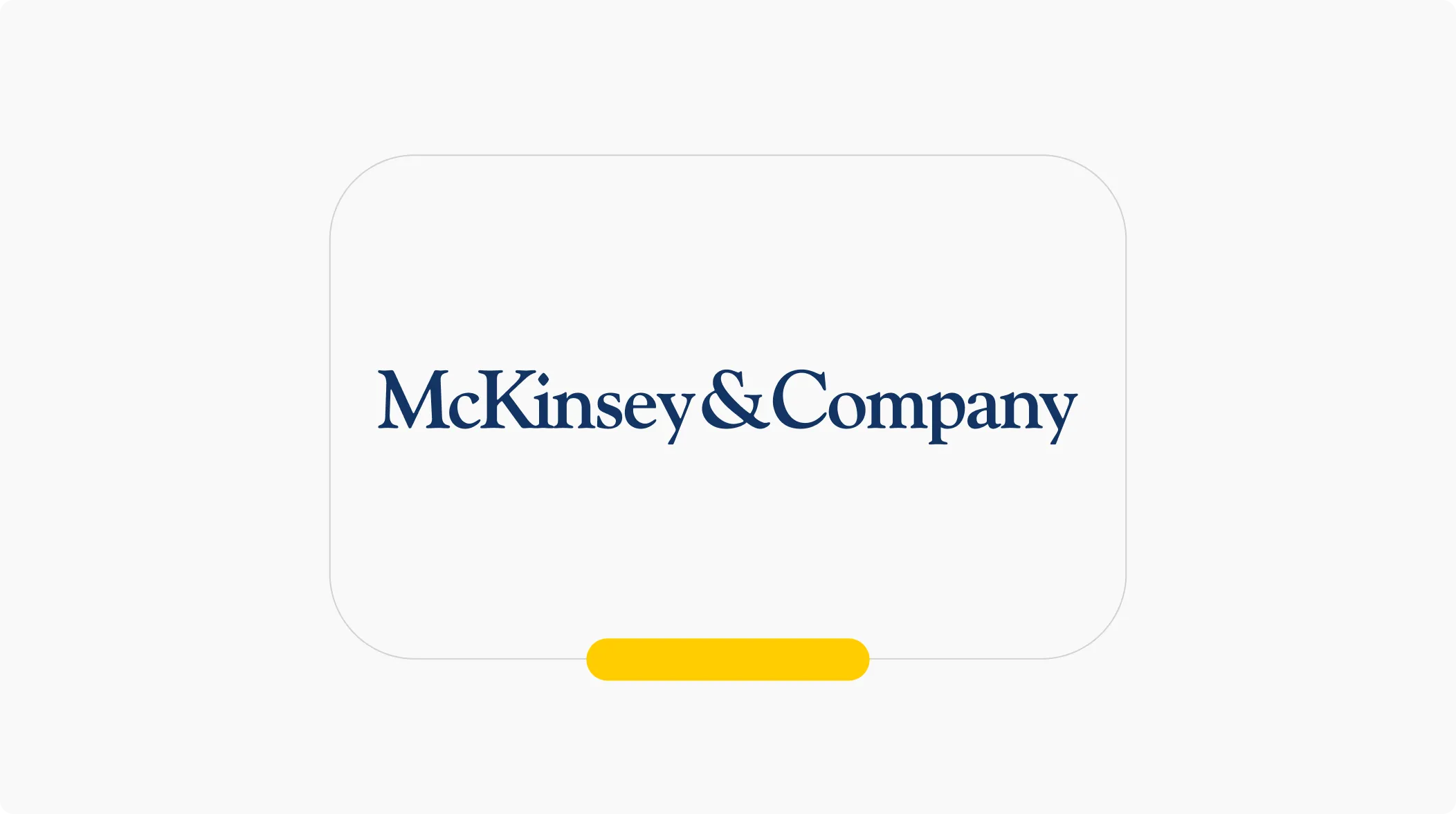
The case was first overruled by a lower court on the basis that he had no evidence to support his allegations after this a higher court overturned the decision. In July 2024, Alix had his case dismissed once more on procedural grounds with his attorney stating he planned to appeal the dismissal.
2. Creating a False Illusion
Illusions are things that appear real but are not. A false illusion is to claim seeing an illusion, but the claim is false. Creating a false illusion is tempting for salespeople when persuading a prospect to invest in their products or services. An example of this is Elizabeth Holmes of Theranos.
In January 2022, Holmes was convicted of four counts of criminal fraud for lying about Theranos' capabilities for years, defrauding investors. She was sentenced to over 11 years in prison and began serving her sentence in May 2023.
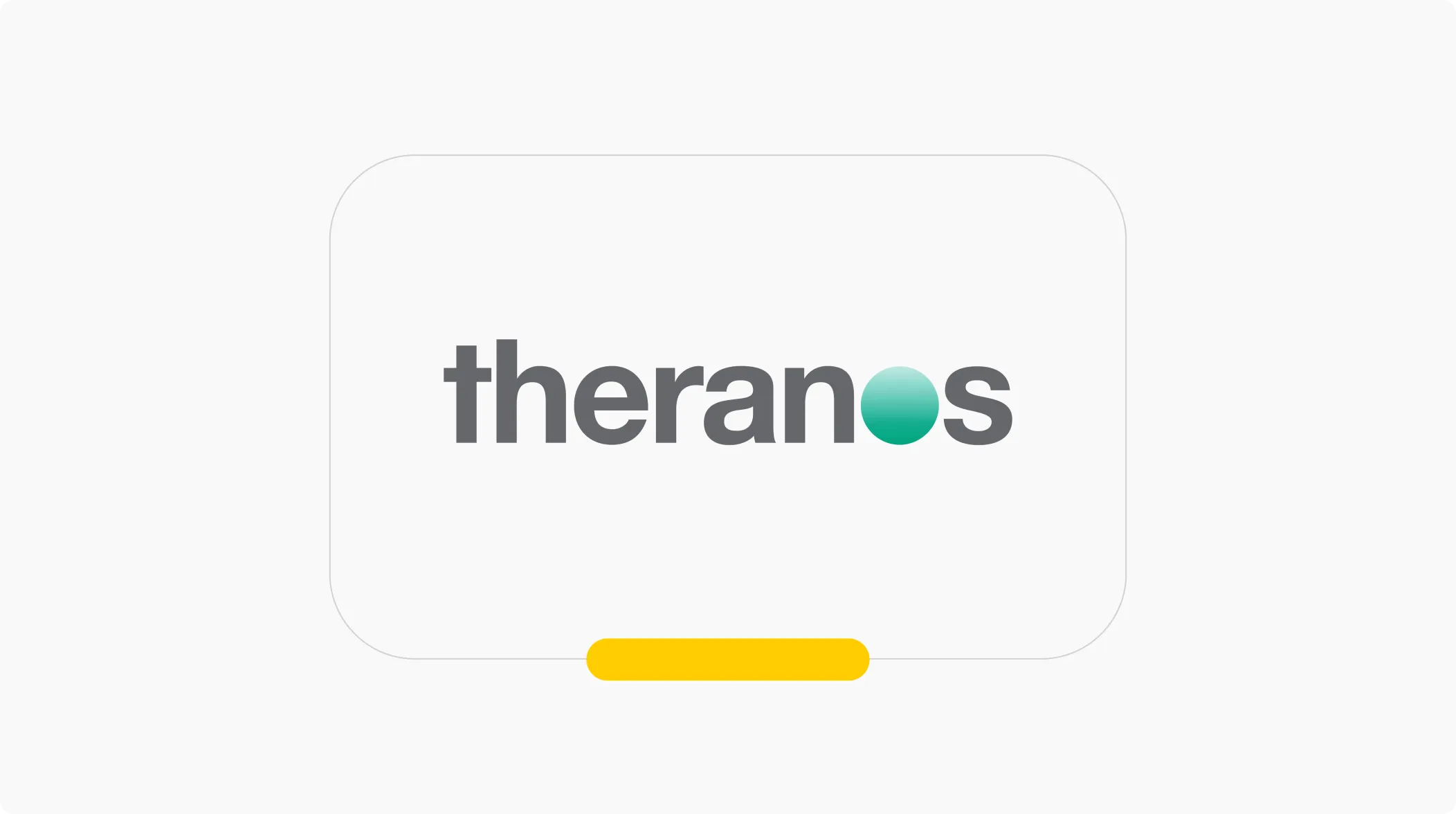
Holmes, 37, founded Theranos in 2003 while studying chemical engineering at Stanford University. Holmes dropped out of school and, using her tuition money, started a health technology company in Palo Alto, California. She claimed that the company was going to revolutionize blood testing. A vast amount of data can be obtained from a few droplets of blood pricked from the tip of a finger. Medical experts refuted this claim as being impossible to achieve.
Creating a false illusion can refer to everything from inconsistent and misleading messaging and promotions, to making untrue claims and falsified testimonials about the quality of your products. However, this strategy always backfires.
It is vital that you only provide valid information. Share your product's features and how it can help the customer proudly, but don't oversell or promise unrealistic results. This can lead to customer dissatisfaction and distrust if and when they decide to buy from you.
Also, if a prospect asks a question to which you are unsure how to respond, it is acceptable to say, "I'm not sure, but I'll check with my colleagues and follow up before the end of the day." Your prospects will surely appreciate an honest answer a few minutes later than an impromptu answer which proves to be unreliable.
3. Giving Kickbacks
It is tempting for a desperate salesperson to give a kickback in exchange for making the right deal. A kickback occurs when a salesperson offers a good deal for something valuable, such as a vacation or a gift certificate, to a high-end restaurant.
What's the problem, you ask?
A kickback is essentially a bribe. It's a method of paying someone to keep doing business with you. It would be best if you didn't have to do that in the first place. If you know you're providing the best value to your customers, you shouldn't have to pay for it.
An example of this is Prospect Mortgage. The Consumer Financial Protection Bureau charged the company with making illegal payments to real estate brokers in return for the brokers directing clients to Prospect. CFPB fined Prospect Mortgage $3.5 million in 2017.
4. Expensive Gifts in Exchange for Business
Giving a gift in exchange for business is unethical as well. If you've ever worked in an office, you'll know that it's common for salespeople to arrive with wine, chocolates, or other gifts to thank you for your business. There's nothing wrong with that, but it becomes unethical when the salesperson exchanges the gift for a business deal.
Giving some clients a personal incentive to buy from the company is similar to accepting a kickback. In doing so, the customer get an unfair competitive advantage. An example of this is the case against pharmaceutical firm Bristol-Myers Squibb and its wholly-owned subsidiary Apothecon.

The corporations were charged by the government with unlawful payment of compensation to doctors and other healthcare professionals, such as vacations at luxury resorts and recreational areas, to encourage them to purchase their products. In 2007, the corporations settled to pay around $515 million to settle charges in relation to a series of civil lawsuits.
5. Honesty and Integrity
Imagine this: Assume you're on a sales call. It's going well, and you've formed a strong bond with your prospect. But then they ask for more information about your product's specifics, such as features, capabilities, and pricing options.
Temptation is there to say what your prospect wants to hear to close the sale, even if it isn't entirely true. For example, you could exaggerate other customers' experiences with the product or completely fabricate figures. It can make your product more appealing and make you sound intelligent. What could go wrong?
The answer is "a lot."
When the customers use your product, they will realize you were deceitful, but they will also lose trust in the entire company. After a single negative experience, many customers will never do business with a company again. These dissatisfied customers may also swamp your customer service department with complaints and refund requests.
An example of this is Pfizer and its product, Bextra. The unethical issue was illegal marketing. Pfizer once advertised Bextra as morphine-sparing analgesia after knee surgery. FDA did not approve its use.
According to the Justice Department, Pfizer paid a criminal fine of $1.195 billion! It was the largest ever imposed in the USA.

Pfizer also paid $1 billion in civil damages and penalties to compensate federal healthcare programs for false claims because it marketed Bextra for off-label use or at unapproved dosages.
Honesty tells the truth, and integrity stays consistent with that truth. Buyers must have faith in salespeople, particularly now that buyers may be warier, knowing salespeople are scrambling to meet targets.
Integrity is not something you profess to practice in your personal life while ignoring in your professional life.
The only way to have integrity as a core value is to model integrity in everything, no matter what it is. As a representative of your company, you have a significant role in molding your company's reputation.
Selling with integrity is far better for a company's long-term stability. It also means that salespeople can rest easy knowing they've done the right thing for their company, clients, and especially themselves.
But sad to say, some people intend to defraud from the start.
Final Note
At AI-Bees, we believe that doing right by our customers isn't just good ethics, it's good business. While many companies focus solely on avoiding fraud, true sales ethics goes much deeper than compliance.
The strongest temptation against selling ethically is pressure to make a sale "no matter what." But our experience proves that prioritizing customer relationships over short-term gains pays off in the long run.
By maintaining our core company principles, we've achieved great growth in sales, while our customers enjoy much higher satisfaction levels. This ethical approach has led to increased customer retention rates and a thriving referral network.
We are more than pleased to share our experience and expertise in sales and marketing with you. Give us a call today!
FAQs About Ethical Issues in Sales and Marketing
1. What are the ethical issues in marketing?
Some ethical concerns of marketing include practices which erode trust, like misleading, a lack of transparency, both unfair targeting and misuse of customer data. Being ethical in your approach to marketing puts an emphasis on integrity, fairness, and accountability regarding how your customers are acquired.
2. What are the three biggest ethical challenges in sales?
The three most common sales ethics problems relate to deception (misrepresentation/half-truths), high pressure/predatory sales tactics, and bribery (kick-backs/"gifts in exchange for business"). Being successful in sales requires building trust and avoiding harmful activities to customers.
3. What are the 4 main ethical issues in sales and marketing?
The most prevalent four are veracity, or truthfulness-accurate claims; transparency-no hidden terms/ pricing; non-exploitiveness, no manipulation or discrimination; and responsibility-own my mistakes and fix them. If your message doesn't match reality, trust breaks fast.
4. What are the ethical issues in sales management?
Sales management ethics tend to break down around unrealistic targets that encourage bad behavior, manipulated reporting/forecasting, improper incentives, and weak policies on gifts/conflicts of interest. Great leadership will provide clear standards and reward ethical wins-not just revenue.
5. How can a company resolve ethical issues in sales and marketing without losing performance?
Use the simple approach of having good policies, regular ethics training, gift and conflict rules, claims and pricing approval, and customer input. And to drive the point home, reward ethics, so doing the right thing becomes the easiest way to reach the goal.
Make Loss Impossible
with Performance-Based Marketing

Personalized Campaigns with
Precisely Selected Prospects
.svg)
Analysis From Your Dedicated
Account Manager

with a Team of Growth Hackers
we Develop your Tailor-Made Strategy

.svg)









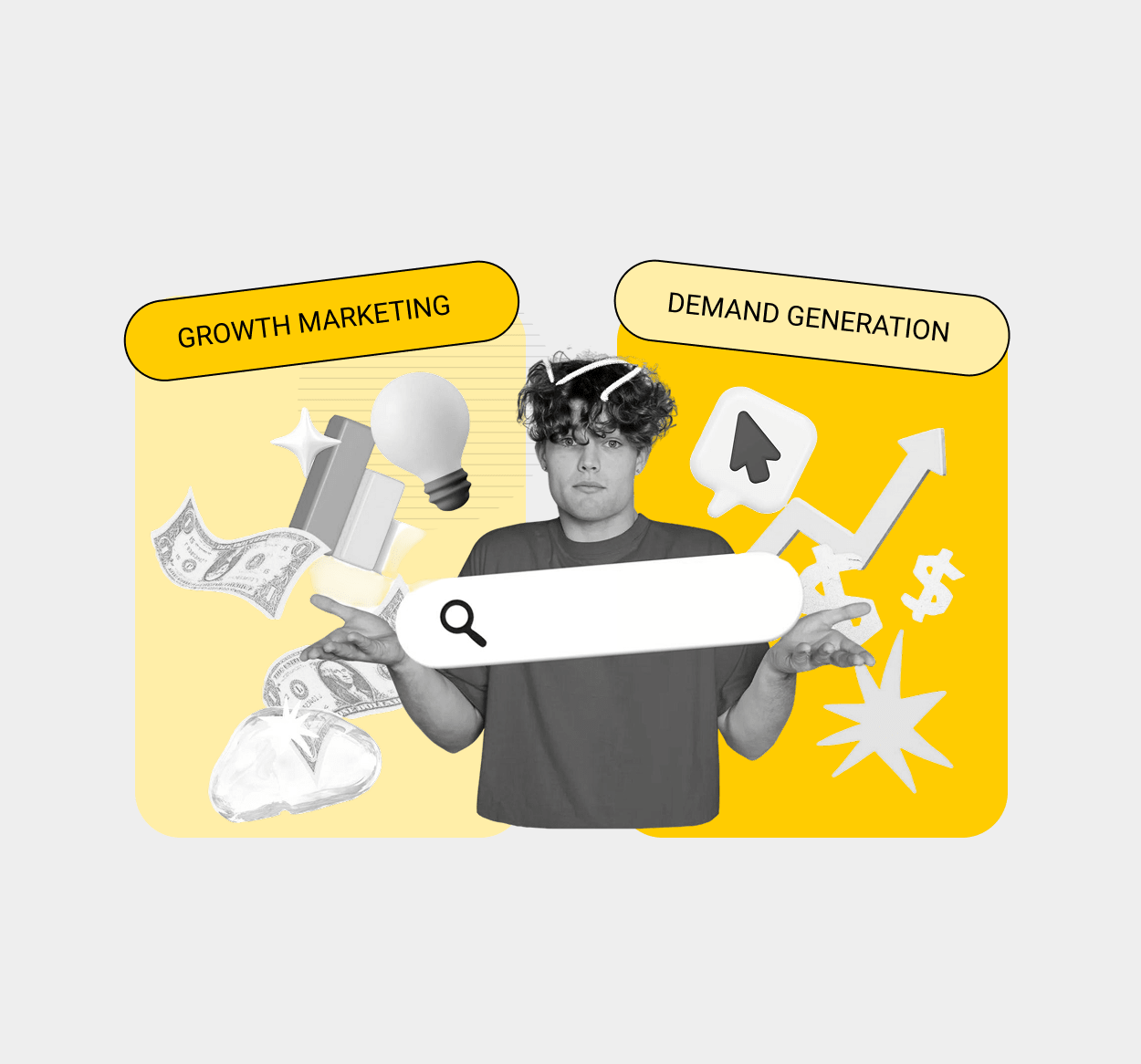

%201.svg)
.svg)





.webp)